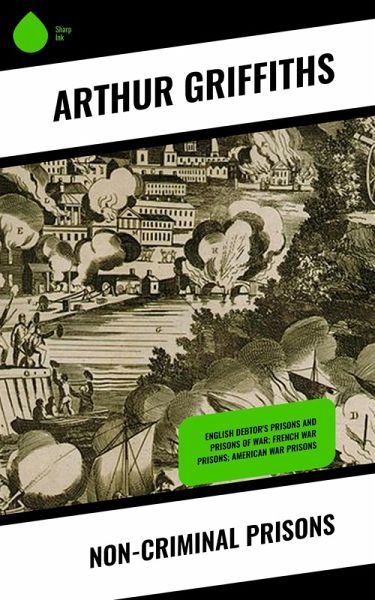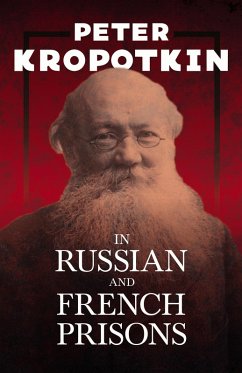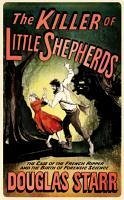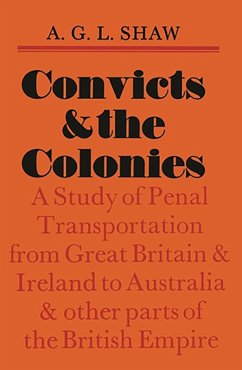
Non-Criminal Prisons (eBook, ePUB)
English Debtor's Prisons and Prisons of War; French War Prisons; American War Prisons
Versandkostenfrei!
Sofort per Download lieferbar
2,13 €
inkl. MwSt.
Weitere Ausgaben:

PAYBACK Punkte
0 °P sammeln!
In "Non-Criminal Prisons," Arthur Griffiths presents a groundbreaking exploration of the penal system, challenging conventional perceptions of incarceration and rehabilitation. Through a blend of meticulous research and evocative prose, Griffiths delves into the concept of non-criminal imprisonment, highlighting its philosophical roots and its implications for society. His critical examination illuminates the often-overlooked background of prisoners whose offenses are not inherently criminal but stem from societal failures, mental health issues, or systemic injustices, making the text both a s...
In "Non-Criminal Prisons," Arthur Griffiths presents a groundbreaking exploration of the penal system, challenging conventional perceptions of incarceration and rehabilitation. Through a blend of meticulous research and evocative prose, Griffiths delves into the concept of non-criminal imprisonment, highlighting its philosophical roots and its implications for society. His critical examination illuminates the often-overlooked background of prisoners whose offenses are not inherently criminal but stem from societal failures, mental health issues, or systemic injustices, making the text both a scholarly resource and a poignant social commentary within the late 19th-century literary context. Arthur Griffiths, an influential figure in early criminology and a prominent author, was shaped by his experiences in various capacities within the prison system. His roles as a prison governor and inspector of prisons endowed him with firsthand knowledge of the struggles faced by inmates. Motivated by a desire for reform, Griffiths aims to raise awareness about the necessity of addressing the underlying issues that contribute to incarceration without vilifying the individuals involved. His background lends authenticity and depth to his arguments, establishing him as a critical voice in the discourse on crime and punishment. "Non-Criminal Prisons" is essential reading for scholars, criminologists, and social reformers alike, as it not only expands the definition of criminality but also advocates for an empathetic approach to justice. Griffiths' provocative insights encourage readers to rethink the role of society in both the creation and solution of criminal behavior, making this work a seminal contribution to contemporary discussions on prison reform and human rights.
Dieser Download kann aus rechtlichen Gründen nur mit Rechnungsadresse in A, B, BG, CY, CZ, D, DK, EW, E, FIN, F, GR, HR, H, IRL, I, LT, L, LR, M, NL, PL, P, R, S, SLO, SK ausgeliefert werden.













